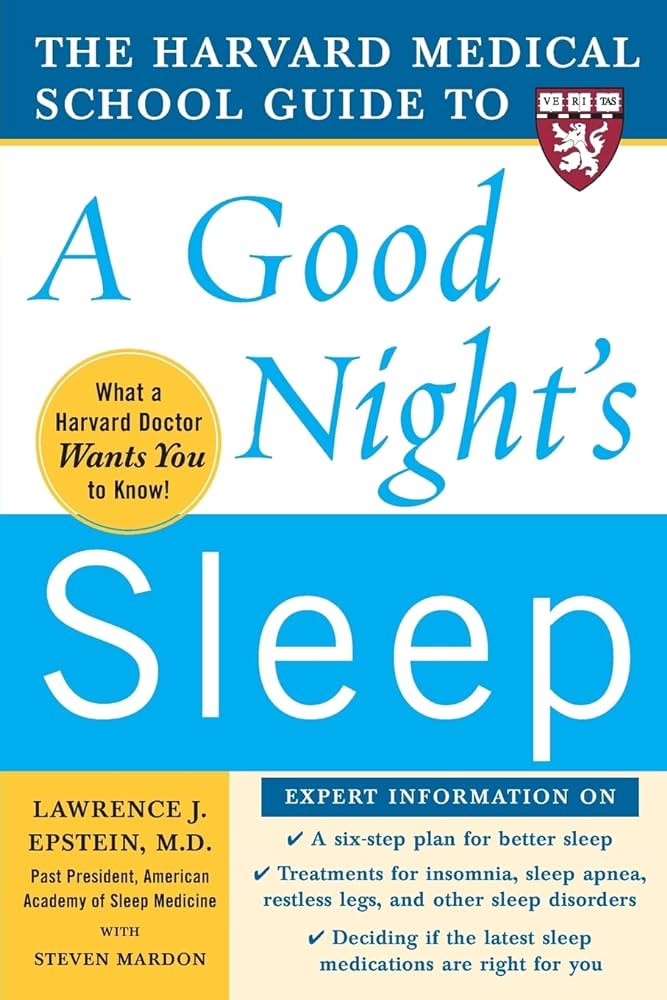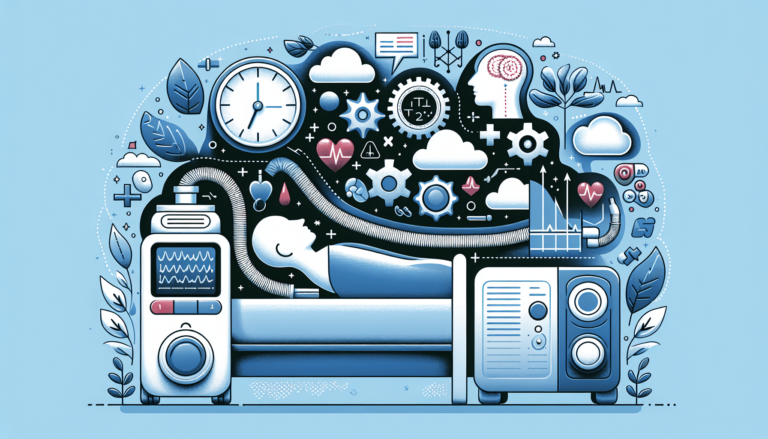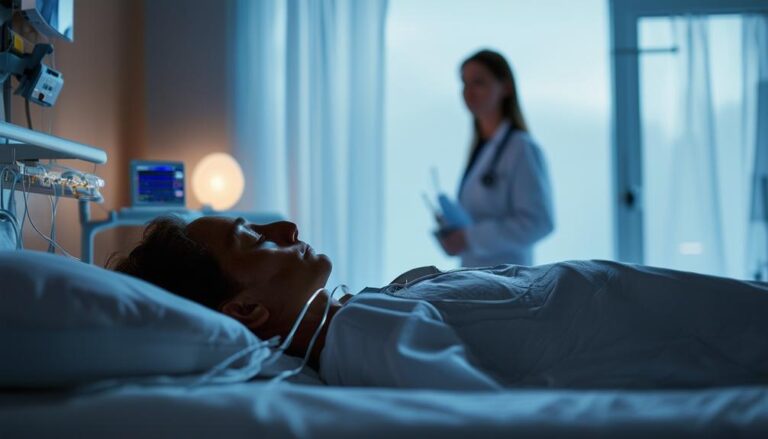What Are The Treatment Options For Restless Leg Syndrome In Adults?
Restless Leg Syndrome (RLS) can be a significant source of discomfort, but various treatment options are available to help you manage the symptoms. Medications like dopaminergic agents, anti-seizure drugs, and opioids are often prescribed to relieve the sensations associated with RLS. Lifestyle changes such as adopting a regular sleep schedule, reducing caffeine and alcohol intake, and engaging in moderate exercise can also be beneficial. For those looking for a more comprehensive and personalized approach, Vector Sleep Diagnostic Center, led by Dr. Dmitriy Kolesnik, offers specialized evaluations and tailored treatment plans. With over two decades of expertise in sleep medicine and neurology, the team at Vector is dedicated to improving your sleep health and overall quality of life. Have you ever found yourself unable to fall asleep due to an uncontrollable urge to move your legs? If so, you might be one of the many adults experiencing Restless Leg Syndrome (RLS). This neurological disorder can create a significant barrier to achieving a peaceful night’s sleep. Understanding the treatment options available can make a world of difference in managing this condition. Let’s dive deep into what treatments are available for Restless Leg Syndrome in adults and explore a place where you can get professional help for this and other sleep disorders—Vector Sleep Diagnostic Center.
Understanding Restless Leg Syndrome (RLS)
Restless Leg Syndrome, also known as Willis-Ekbom disease, involves an overwhelming urge to move your legs. This sensation can be particularly bothersome during periods of rest, leading to sleep disturbances and impacting your overall quality of life.
Symptoms of RLS
Before diving into the treatment options, it’s critical to recognize the common symptoms associated with RLS:
- An uncontrollable urge to move the legs
- Sensations like itching, aching, or tingling
- Symptoms that worsen during periods of inactivity
- Relief from discomfort when moving the legs
- Symptoms that are more pronounced in the evening or night
Understanding these symptoms can help you identify whether you are experiencing RLS and prompt you to seek effective treatment.
Non-Medication Treatments for RLS
When dealing with Restless Leg Syndrome, several non-medication treatments can effectively manage the symptoms.
Lifestyle Changes
Starting with lifestyle changes can be a simple yet effective method:
- Regular Exercise: Engaging in moderate daily activities can help manage RLS symptoms.
- Sleep Hygiene: Establish a regular sleep schedule and create a calming bedtime routine.
- Reduce Stimulants: Limit caffeine, alcohol, and nicotine to avoid exacerbating RLS symptoms.
Stretching and Massage
- Stretching Exercises: Regular stretching, particularly focused on the leg muscles, can help reduce RLS sensations.
- Massage Therapy: Gentle leg massages can alleviate the discomfort associated with RLS.
Warm or Cold Compresses
Applying warm or cold compresses can provide relief. Experiment with both to find out which one works best for you.
Mind-Body Techniques
Practices such as yoga, meditation, and deep-breathing exercises can help reduce the stress and anxiety that often accompany RLS, thereby lessening the overall symptom burden.
Compression Stockings
Some individuals find relief by wearing compression stockings which can improve blood flow and reduce the sensations associated with RLS.
Medication Options for RLS
When non-medication treatments aren’t sufficient, various medications are available to manage the symptoms of Restless Leg Syndrome.
Dopaminergic Agents
These medications increase the level of dopamine in the brain, which can help control leg movements:
- Levodopa/Carbidopa: Often used in those with moderate to severe symptoms.
- Pramipexole and Ropinirole: Generally prescribed for daily use and can be highly effective.
Anti-Seizure Medications
Anti-seizure drugs can also be effective in managing RLS symptoms.
- Gabapentin and Pregabalin: These medications are often prescribed for severe RLS and can offer substantial relief.
Opioids
In severe cases, opioids like oxycodone may be considered, but these are generally used as a last resort due to their potential for addiction.
Benzodiazepines
While not commonly prescribed specifically for RLS, benzodiazepines like clonazepam can help improve sleep quality for those affected by this condition.
Iron Supplements
Low levels of iron in the brain have been linked to RLS. If blood tests indicate low iron levels, your doctor might recommend iron supplements. It is essential to take these under medical supervision, as excessive iron can cause other health issues.
Future Treatment Options
Research in the field of RLS is ongoing, and new treatment options may become available. Keeping in touch with your healthcare provider can ensure that you are aware of any new therapies that may be appropriate for you.
Consulting Professional Help: Vector Sleep Diagnostic Center
Now that you’re familiar with the various treatment options for Restless Leg Syndrome, knowing where to seek professional help is crucial.
About Vector Sleep Diagnostic Center: Where Expertise and Compassion Converge
Vector Sleep Diagnostic Center, led by the esteemed Dr. Dmitriy Kolesnik, is a leading authority in diagnosing and treating sleep disorders, including RLS.
Led by a Veteran Sleep Medicine Specialist
Dr. Kolesnik brings over two decades of medical experience to the table. Board-certified by the American Board of Sleep Medicine, Psychiatry, and Neurology, he combines extensive academic and clinical knowledge to offer exceptional patient care.
Academic and Clinical Excellence
Since 2004, Dr. Kolesnik has been serving as a Clinical Instructor in Neurology at the Weill Medical College of Cornell University. This academic background ensures that he stays updated on the latest research and treatment modalities for various sleep disorders.
A Legacy of Comprehensive Care
Since becoming the Medical Director at Vector Sleep Diagnostic Center in 2009, Dr. Kolesnik has fostered an environment that embraces cutting-edge technology and evidence-based practices.
Our Mission and Vision
Vector Sleep Diagnostic Center is dedicated to becoming the definitive resource for sleep health. Guided by ethical principles and clinical innovation, the center aims to offer unmatched patient support and diagnostic excellence.
Why Choose Vector Sleep Diagnostic Center?
Understanding why you should opt for consultation and treatment at Vector Sleep Diagnostic Center can significantly impact your journey toward better sleep health.
Comprehensive Sleep Consultation
Your initial sleep consultation at Vector typically lasts about an hour and includes a detailed discussion about your sleep history, lifestyle, and symptoms. Preliminary tests or questionnaires may also be part of this comprehensive evaluation.
Specialized Evaluations
Whether you suspect you have RLS or another sleep disorder, the specialized evaluations at Vector Sleep Diagnostic Center are meticulously designed to get to the root of your unique sleep challenges.
Services Offered:
- Sleep Studies: Various types to diagnose and manage sleep disorders
- Sleep Apnea Care: Comprehensive services including CPAP Titration and Durable Medical Equipment (DME) Setup
- Insomnia Solutions: Specialized treatments to address the root causes of insomnia
- Consultation and Education: Personalized sessions to help you understand and manage your sleep disorders
- Follow-up and Continuous Care: Ensuring treatment effectiveness and adapting to your evolving needs
Contact Us
Feel free to get in touch with Vector Sleep Diagnostic Center to schedule your initial consultation and take the first step toward better sleep health.
- Address: 26, 62-60 99th St, Rego Park, NY 11374
- Phone: (718) 830-2800
- Email: vectorsleep@gmail.com
Conclusion
Restless Leg Syndrome in adults can significantly impact your quality of life, but a range of treatments is available to manage the symptoms effectively. From lifestyle modifications and non-medication treatments to various medication options, you have numerous avenues to explore.
For those seeking professional help, the Vector Sleep Diagnostic Center offers comprehensive, compassionate care under the guidance of expert sleep specialists. Making the right choice in your treatment plan and healthcare provider can be the difference between nights of distress and nights of restful sleep.
Remember, understanding your condition and seeking timely intervention can significantly improve your quality of life. Don’t let Restless Leg Syndrome control your nights—take the necessary steps today to reclaim your restful sleep and better health.






